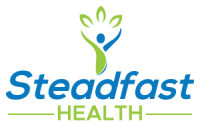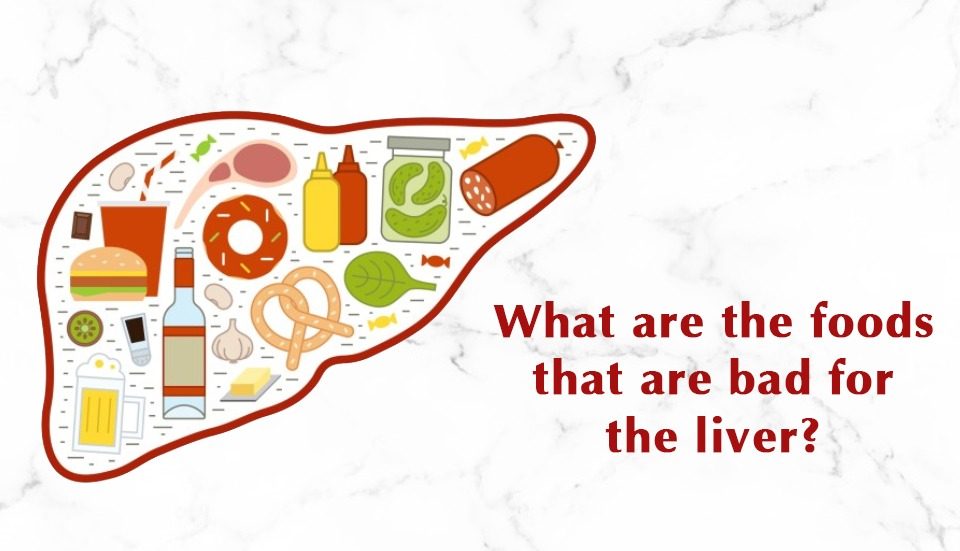The second-largest organ in the human body, located on the right side of the abdomen, the liver, has vital functions like breaking down carbohydrates, making glucose and eliminating toxins from the body. It creates bile which is a crucial digestive juice produced by the liver. Bile is necessary as it supports digestion and absorbs nutrients in the food properly.
What are the essential functions of the liver?
- The liver has hepatocytes which are responsible for protein synthesis central to many functions in the body.
- Cholesterol and triglycerides get manufactured by the liver that is known as essential energy reserves.
- Ammonia gets converted into urea by the liver and get excreted through the urine.
- Alcohol in the original form is toxic to the body. It is the liver that breaks it down to a form tolerable by the body.
- The liver breaks down insulin and other hormones for an easy process like blood glucose management.
Causes of an unhealthy liver
A healthy liver is vital to life. However, it can get damaged by factors like excessive alcohol consumption or practising an unhealthy lifestyle. The common liver diseases are fatty liver, cirrhosis, and hepatitis which requires immediate medical attention.
Early Symptoms Of Liver Diseases
- Vomiting
- Loss of appetite
- Consistent fatigue
- Pale stools and dark yellow urine
- Pain in the ankles, legs and swollen abdomen
- Itchy skin
As the liver has the responsibility to breakdown and eliminates toxins from the body, overloading the liver with unhealthy foods like alcohol, fried foods, and drugs can seriously hinder the cleaning process.
What are some of the worst food choices that impact the liver?
The food choices you make can make a lot of difference for your liver health. Here are some of the foods that are bad for the liver:
- Baked foods: As per experts, foods like muffins, cookies, and cakes are considered bad for the liver.
- Aerated or carbonated drinks: Drinking cola or soda in moderation is okay. However, its regular consumption can start damaging your liver leading to other complications.
- Alcohol: It’s time to quit alcohol if you care for your liver. Excessive alcohol consumption for long periods can result in liver cirrhosis, and one may develop complications like vomiting blood, jaundice & liver cancer.
- Fast foods: Fast foods like french fries, burgers, and pizza have saturated fat or trans-fat that makes the digestion process difficult. Saturated fats are known to decrease good cholesterol level and raise the bad cholesterol in the body. Doing so increases the risks of heart diseases, strokes and fatty liver.
- Excess salt intake: Avoid consuming canned foods, soups as they have high salt content. On the other hand, packed snacks like chips, salty biscuits etc., must be avoided as they contain saturated fat and salt content in abundance.
- Red meat: Digesting red meat is not an easy task for the liver, though it is rich in protein. Also, to note, excessive protein buildup in the liver can lead to fatty liver diseases.
Here are some healthy food options that you must consider for a healthy liver:
- Coffee: Studies have shown that drinking coffee is known to lower the risk of cirrhosis.
- Tea: As per a Japanese study, drinking 10 cups of green tea per day was associated with improved blood markers of liver health.
- Grapefruit: The antioxidants property in grapefruit is known to protect the liver by minimising inflammation and increasing its protective mechanisms.
- Beetroot juice: It helps the liver from oxidative damage and inflammation in the liver.
- Olive oil: Consuming olive oil decreases the levels of fat in the liver. It improves liver enzymes and also increases blood flow.
- Nuts: As it is high in fats, nutrients and also has antioxidant vitamin E, its intake is associated with improved liver enzyme levels in people with NAFLD (Non-alcoholic fatty liver disease).
Make the right food choices to maintain a healthy liver.
The views and opinions expressed, and assumptions & analysis presented in this content piece are those of the author(s) and do not necessarily reflect the official policy or position of any other agency, organization, employer or company. The information, including but not limited to, text, graphics, images and other material contained on this website are for informational purposes only. The purpose of this website is to promote broad consumer understanding and knowledge of various health topics. It is not intended to be a substitute for professional medical advice, diagnosis or treatment. Always seek the advice of your physician or other qualified health care provider with any questions you may have regarding a medical condition or treatment and before undertaking a new health care regimen, and never disregard professional medical advice or delay in seeking it because of something you have read on this website.




